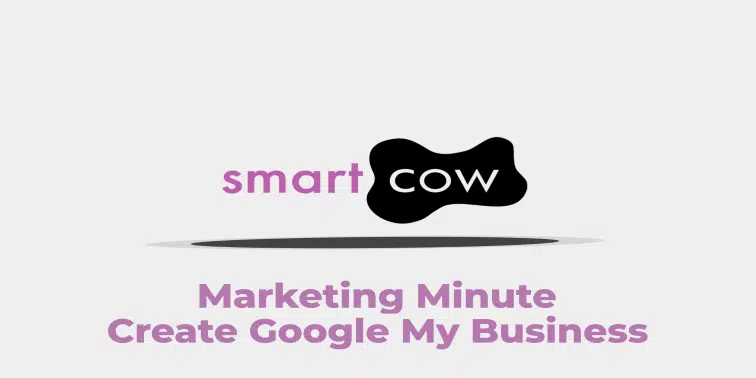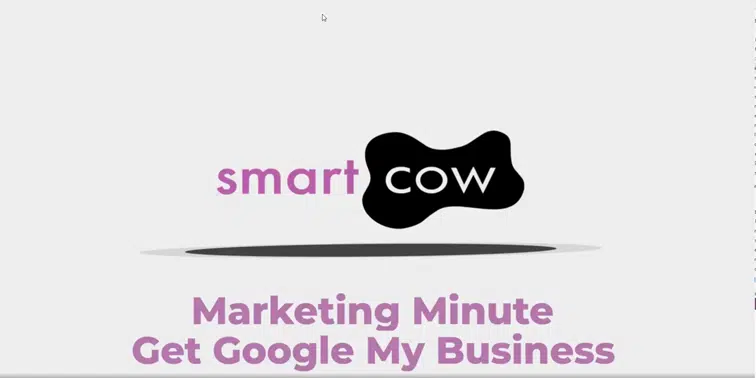The quality of the data that you hold plays a vital role in the success of your marketing strategy.
It’s worth noting that lists used for email marketing decay between 20-30% each year so if it’s entered incorrectly into your CRM system in the first place then you’re not going to be off to a great start. You’ll experience a reduction in email delivery which will impact the success of any email marketing campaign going forward and your overall lead generation goals.
Quality data for your marketing campaigns
It’s key that your email addresses are validated. So, that would include people signing up to receive your email newsletters from an online form, as it’s something they have requested. This is a qualified lead.
What’s important is to review data on a regular basis and cleanse it.
The fact that we are required to include an unsubscribe link on email marketing communication is actually a good thing as this helps cleanse your list too. It’s not a bad thing that people unsubscribe when you send them an email. Let’s face it, if people aren’t interested in your products or services then it’s best, they aren’t on your list. It’s much better to have fewer, quality leads eager to hear from you than a mammoth list of contacts that are never going to engage with you or provide bounce backs as they are no longer valid email addresses.
A consistent CRM process
Go for consistency in your CRM process so ensuring email addresses, names, company detail, contact number are always added and they are added correctly.
Ultimately you want your firm to adopt the CRM system you deploy. But if the detail is incorrect when team members go to access data then very soon colleagues will become despondent and revert back to, what they think, is a trusted excel spreadsheet. This then creates the ongoing cycle of silos within a company. This way marketing will never sync with sales or business development teams and vital new business opportunities will be lost in the ether.
So, take time to get the process of inputting data instilled in your team in the first instance, that way you will reap rewards in the long-term as again and again the team will find success from the contacts entered into your system.
CRM data
The basics to include in your CRM for the benefit of your marketing strategy include the contacts first and last name. An email and physical address as well as phone number and web address. As well as any social handles whether their personal LinkedIn or company related.
It’s also useful to gather data about them about their life. Following your initial networking with your contact, these are great reminders to add to the CRM about what you discussed as this will help with ongoing client relationships, future meetings and give your colleagues insight.
Using a system like Hubspot CRM can help you access website activity so you can soon get an understanding of how often people visit the website, services viewed or eBooks downloaded.
CRM for accountants
As a Hubspot partner, we can help you with CRM for your business to help make a really effective lead generation campaign.
What’s important about any lead generation campaign is to continue to be insightful with your communication, providing answers to challenges that you know your clients face. With the insight you have as a result of your CRM, this can really help you tailor an ongoing content marketing plan tailored to your target audience.
We’re a digital marketing agency based in Croydon with a specialism in marketing for professional services firms including digital marketing for accountants.
Read our blog on lead generation strategies for your business.



